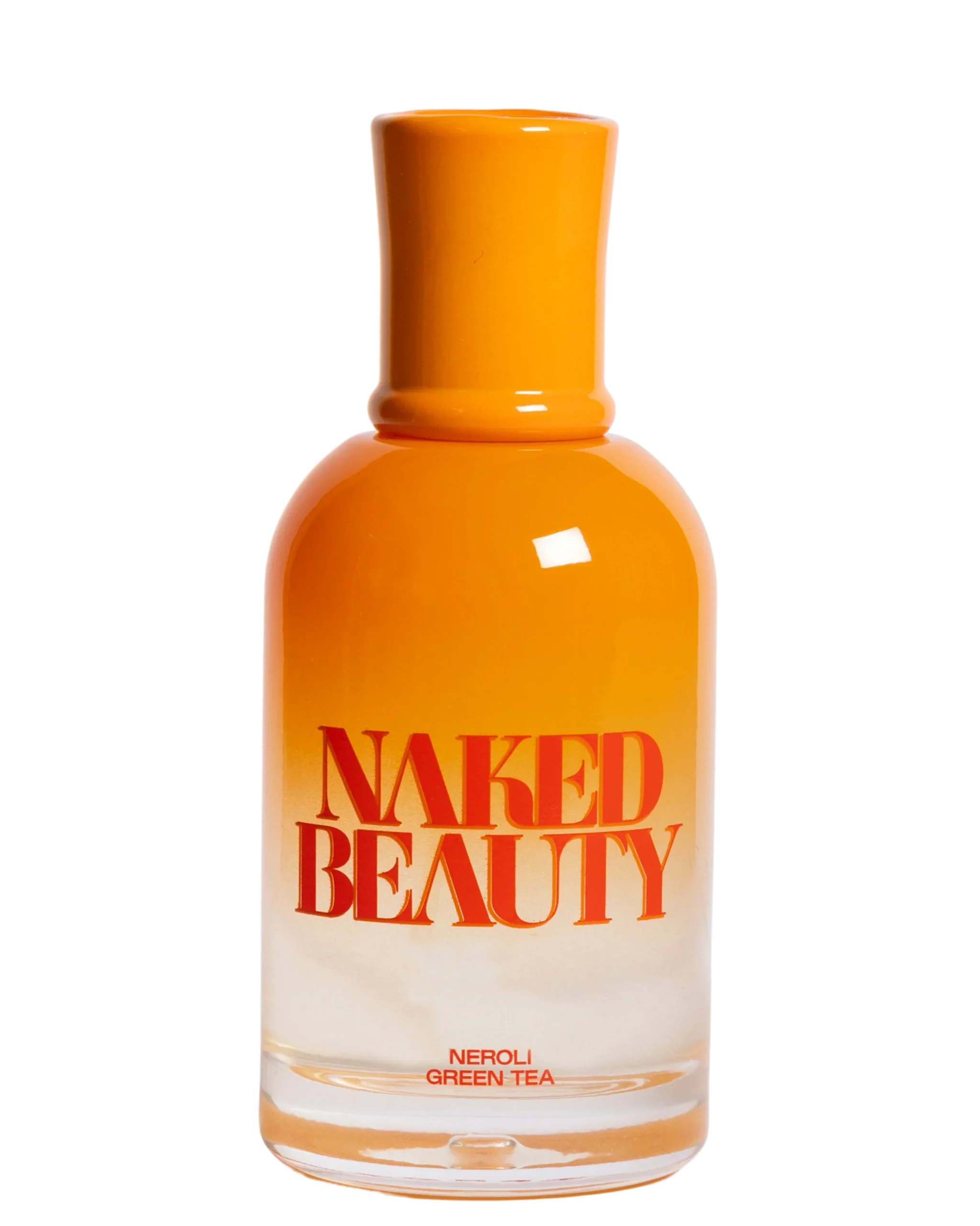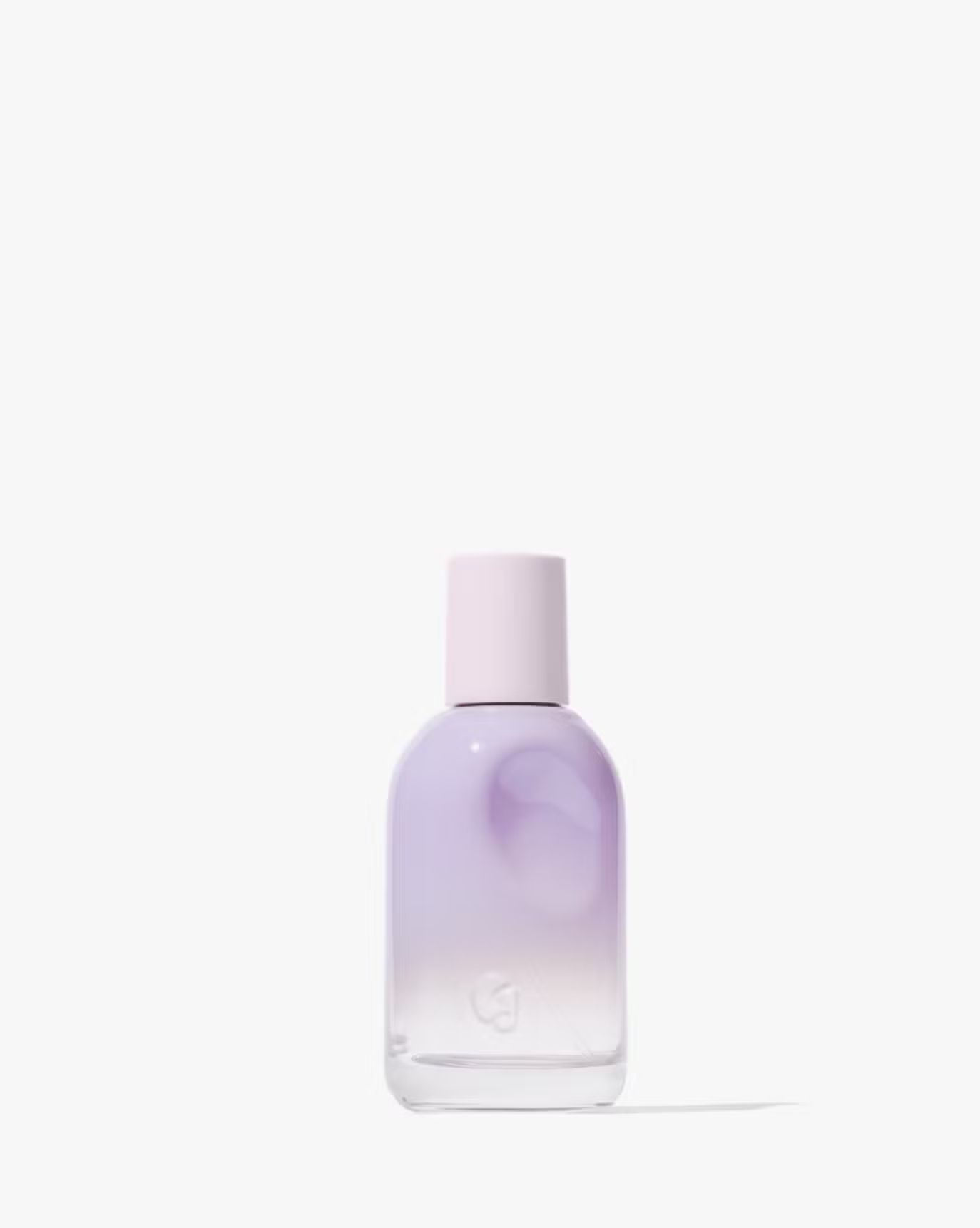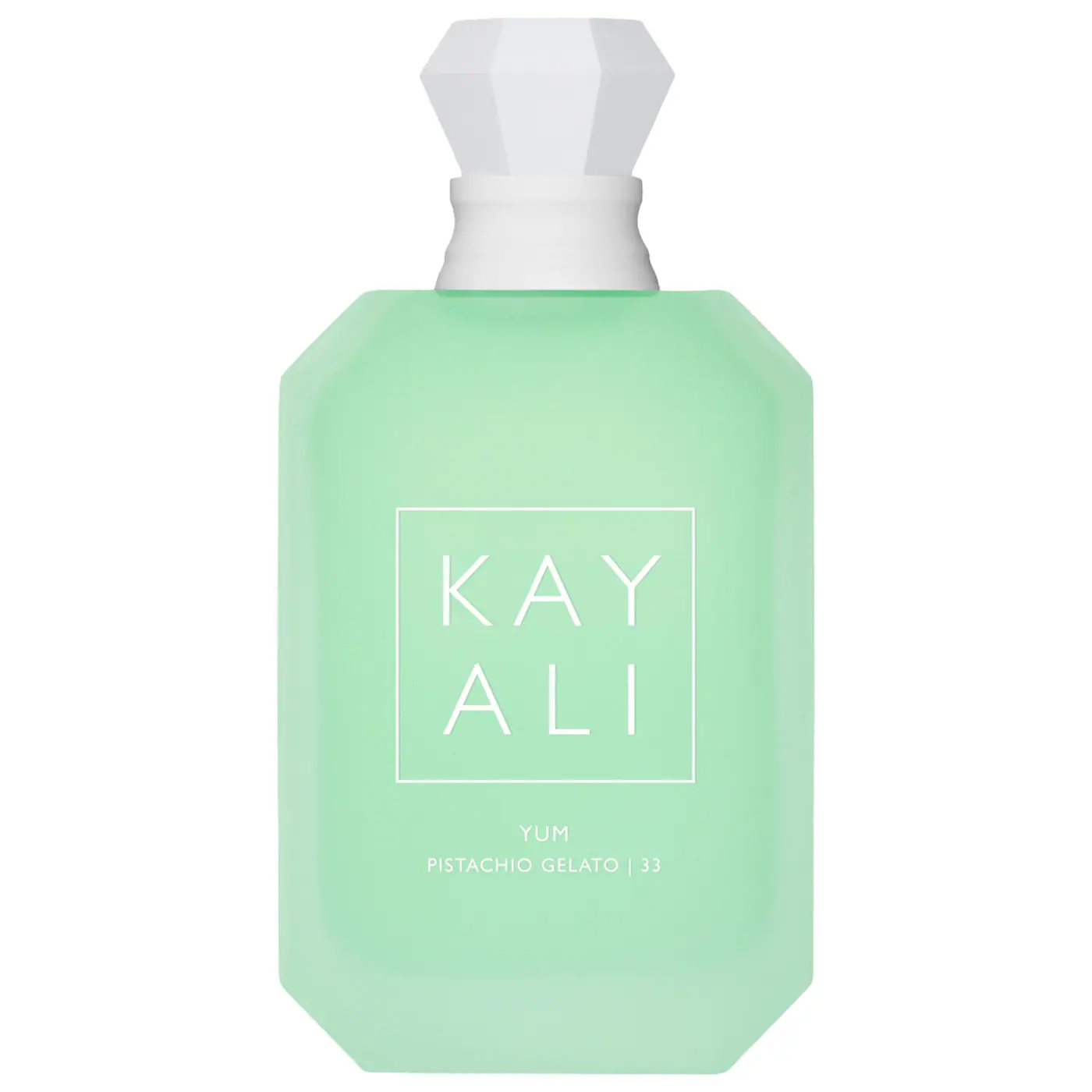It’s a whole new world for Jasmine Guy. Sure, the 44-year-old Boston native is still best remembered as Whitley Gilbert, the lovably snooty southern belle on the late 1980’s hit sitcom “A Different World.” But Guy is also an award-winning singer-dancer-choreographer and an accomplished author (she collaborated with Afeni Shakur-Tupac’s mother-on “Evolution of a Revolutionary,” the story of Shakur’s life as a Black Panther). While she’s starred on Broadway in such shows as “Grease,” “Chicago” and “The Wiz,” Guy is now making her directorial debut in theater with an Atlanta production of Ntozake Shange’s groundbreaking play “For Colored Girls Who Have Considered Suicide When The Rainbow Is Enuf.” ESSENCE.com caught up with Guy to discuss what it’s like on the other side of the stage, Whitley’s unforgettable accent, and the time Redd Foxx hit on her.
ESSENCE.COM: You’re making your directorial debut in theater. What has that experience been like?
JASMINE GUY: It’s wonderful just to have this open palette of creativity before me. “For Colored Girls…” is written in poem form with monologues, so I can do whatever I want. I can make it as simple or as intricate as I’d like. I can add choreography where I want. I’m really enjoying the experience of going, “Oh, I don’t have to wait for someone to tell me what to do.” I’m loving that.
ESSENCE.COM: The play was a hit in the 1970’s. Please tell a little bit about it, for those who may be unfamiliar with it.
GUY: It’s the story of seven different Black women and their experiences in America. Some were born in the country, some live in the city; some have been abused, some are in love. It talks about the “woman” experience. And I love that it’s kind of timeless and that all of it is still relevant today. One night we’re going to have “Gentlemen’s Night,” so the ladies can bring a [male guest] for free. Instead of “Ladies Night,” we’re going to flip it.
ESSENCE.COM: That’s a great idea. What inspired you to do that?
GUY: [Brothers] never get a break. I want guys to see the show. It’s kind of like when I did “The Vagina Monologues,” men were like, “I ain’t goin’ up in there.” I want our brothers to know that this is for everybody. This is part of our culture. Everybody ain’t waggin’ their fingers and tellin’ brothers off. That can get boring. I think our younger women have lost the ability to embrace their womanhood. There’s so much we try to do that’s against our nature, and it’s made us hard, cold, bitter and fearful. [This show] celebrates the warmth and the beauty and the heart and soul of who we are.
ESSENCE.COM: That’s a great point. Why do you think so many young Black women are hard and bitter?
GUY: I think because a lot of us are without partners, so we have to do double duty. We develop another part of ourselves to compensate for that. We haven’t been taught that those things that are innate in us-being maternal or being soft or being vulnerable-are good things. We’re taught to be strong and in that strength comes a certain dismissal of what we’re really feeling inside.
ESSENCE.COM: What did you learn from Debbie Allen, who often directed you on “A Different World”?
GUY: Debbie’s had a great influence on me. There will be some lessons she taught me that I’m going to bring to the show. Debbie’s about nailing it and letting it go. She doesn’t beat a dead horse. I want that freedom for an actor, too. By making people do it over and over again, you can lose some of the luster.
ESSSENCE.COM: In the documentary “Angels Can’t Help But Laugh,” you spoke very candidly about the overt racism experienced by Black women in Hollywood. How can we change that?
GUY: I think it’s getting better. We have so many outlets now. There are more opportunities for us to work. I came from theater and I embraced the theater experience. We can still work and keep our art alive. We don’t have to stay on TV. A shift has to happen in the way we look at our work and the things that we can do. I think it is changing and it’s continuing to change.
ESSENCE.COM: What did you love most and least about “A Different World”?
GUY: I loved the family atmosphere and the fun that we had on and off camera. We laughed so much. We kind of grew up together on that show. I later learned to appreciate the influence and impact that show had on people. It was funny [yet] they were letting us be poignant at times and I appreciated that. I didn’t realize how we were influencing young people to go to college; I learned about that later, when I did speaking engagements. A young person would say [to me], “I went to school because of Dwayne Wayne.” What I didn’t like about it was that so many things were a fight [with the network], especially for Debbie. Any episode that meant something-the apartheid show, the AIDS show, the date rape show-anything that was deeper than Whitley’s first kiss with Dwayne, it was a fight. In the long run, fighting for something, doing it and then having it pay off, gives you a greater sense of appreciation.
ESSENCE.COM: Do you think your career will be forever defined by having played Whitley Gilbert?
GUY: I don’t know. There are pockets of people who don’t know me from that show, but who know me as a dancer or from teaching and writing. The Whitley fame has been good for me as far as opening doors. The TV audience is so varied, when I’m done, I don’t know how people are going to look at me as a whole.
ESSENCE.COM: Was it tough for you to make that transition from playing Whitley to playing other characters?
GUY: The first thing I wanted to do was something very different from that character. I had to pass on certain roles I thought were like Whitley in some way. Going back to Broadway for me was the biggest help in getting my art back.
ESSENCE.COM: Whitley’s accent was very distinct. How did you come up with it?
GUY: I used to do that accent in third grade, when I moved to Atlanta. The accents were so profound to me, like another language. I chose a White southern accent for Whitley-it was funnier. Little did I know I was going to be talking like that for the next six years.
ESSENCE.COM: You were a good friend of Tupac Shakur and you also worked with his mother on the memoir about her life as a Black Panther. What was your relationship with her?
GUY: I met Afeni through Tupac. It was a very critical time. He had been shot for the first time. The family had gathered around to help him heal and they were very vulnerable. I would talk to Afeni late at night and she would tell me about her life and her past. I said, “Your story needs to be told. Nobody’s heard the female perspective of the New York Black Panthers.” She was re-creating her life when I met her. By the time we wrote the book, it was seven years later. She wasn’t as angry. She wasn’t as fearful. She had been through so many battles. With the change in her, I realized the book had to be about her evolution. First it was “The Nine Lives of a Black Panther;” then it became “Evolution of a Revolutionary.” That book was very important for me to write and it was a great opportunity for me.
ESSENCE.COM: Your father is Black and your mother is White. Often biracial kids grow up with identity issues. Did you?
GUY: Not as much because we were raised as Black kids and it was explained to us early as to why. I grew up in Atlanta where there was so much of a positive Black influence on us. We grew up being proud. Now it’s different. People embrace both sides of their heritage. I didn’t grow up that way. There wasn’t a biracial box-especially in the South. You were either Black or White.
ESSENCE.COM: You have a 9-year-old daughter, Imani. How do you balance motherhood and career?
GUY: [Imani] travels with me a lot. I just try to be with her as much as possible. She’s very adaptable. I thought I would dump her off with my mom for weeks at a time. But I start missing her and need to see her. We get her books and homework and she works in the corner. She meets people on the set. She’s learning about the world.
ESSENCE.COM: Unfortunately, you’re going through a divorce after ten years of marriage. How are you holding up?
GUY: I’m as good as I can be. I have a great support system. We both want the best for Imani, so that keeps us on the right track.
ESSENCE.COM: Are you frightened at the prospect of being single and eventually dating again?
GUY: [Laughs] I am not thinking about dating. Some guy said something to me the other day, and I just started stuttering. That has not been on my mind. There are so many other crucial things I’m thinking about right now. I just want to be open to life and what life has to offer me and not worry too much.
ESSENCE.COM: You worked with two comic legends-Richard Pryor and Eddie Murphy-in “Harlem Nights.” Any funny, behind-the-scenes stories you can share?
GUY: I was on the set, walking by a trailer, and all this ruckus is coming out. I’m like, “What’s going on?” It was Della Resse in there, talking to Redd Foxx, and I knocked on the door and said, “Can I just sit here and watch y’all?” They were so funny. They were raggin’ on each other. Redd Foxx hit on me and asked me to go to Vegas with him. I was like, “This is surreal.” That was one of my funniest moments. Because Eddie was directing, he was pretty subdued. That was the serious side of Eddie. He wasn’t having little Eddies popping out of his ear back then [like he does in “Meet Dave.”]
ESSENCE.COM: What do you consider your greatest life goal?
GUY: I really just want my little girl to grow into a happy, wonderful woman. However, I can do that whether it’s by guiding her or staying out of her way when I need to-that’s the most important thing to me right now.







Photo Credit: Courtesy of Jasmine Guy





